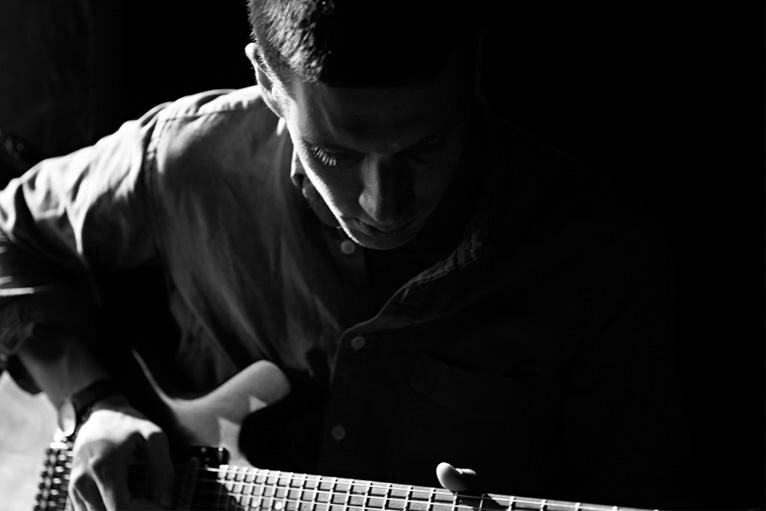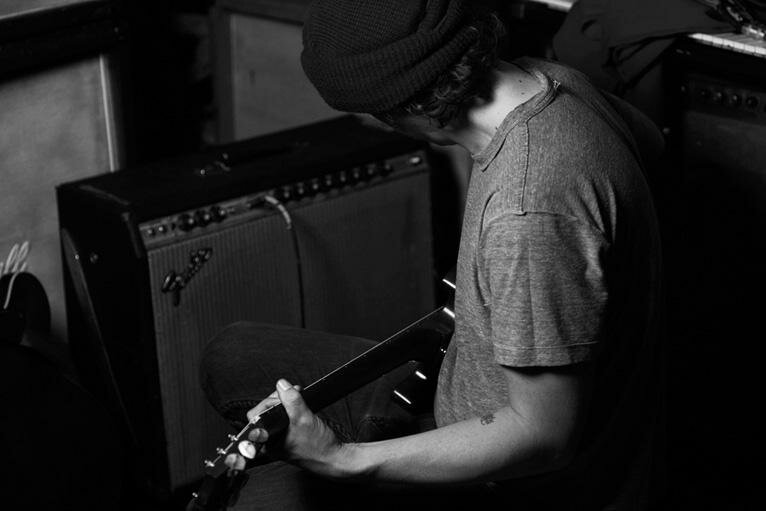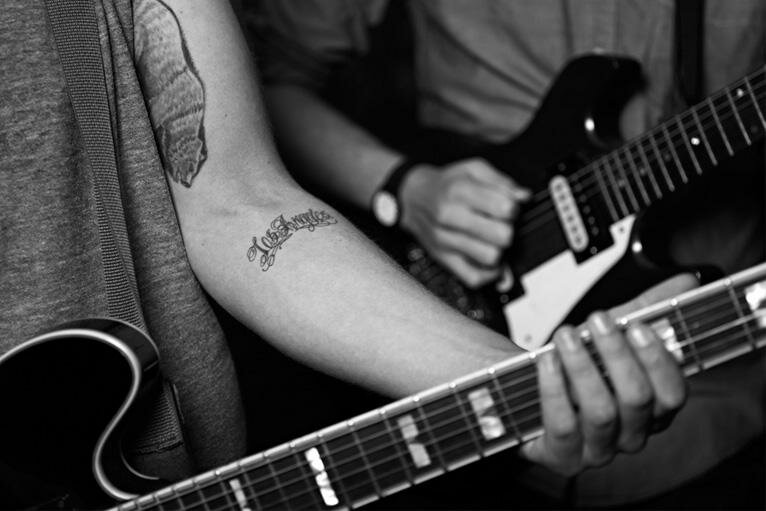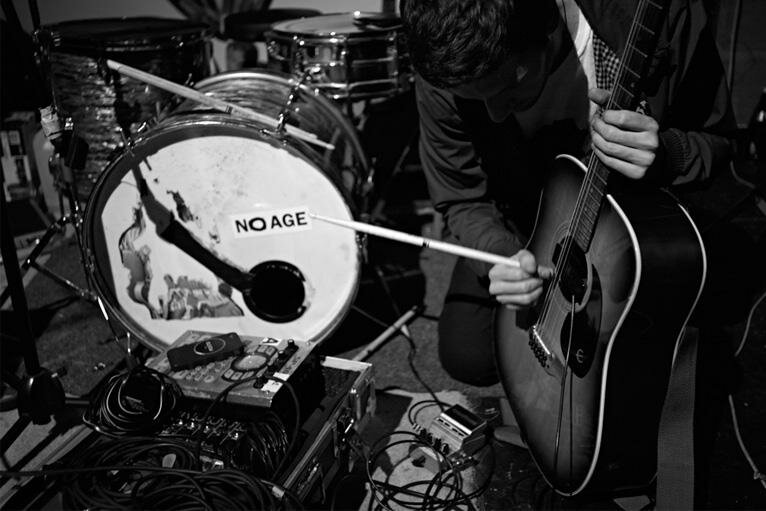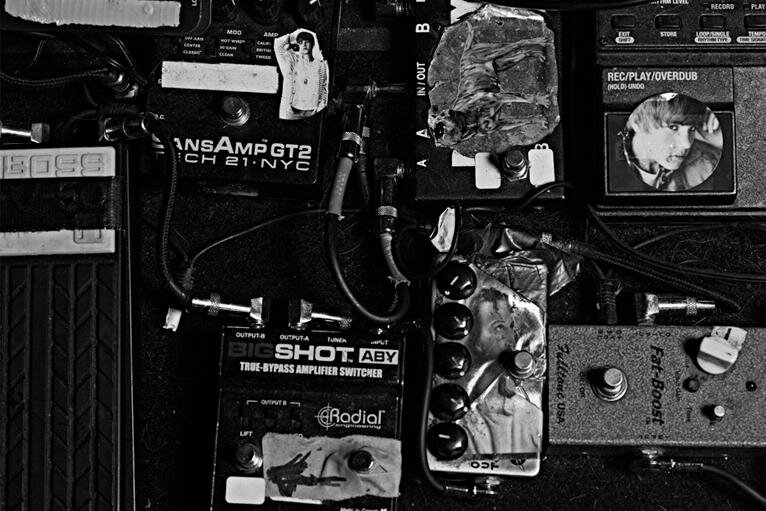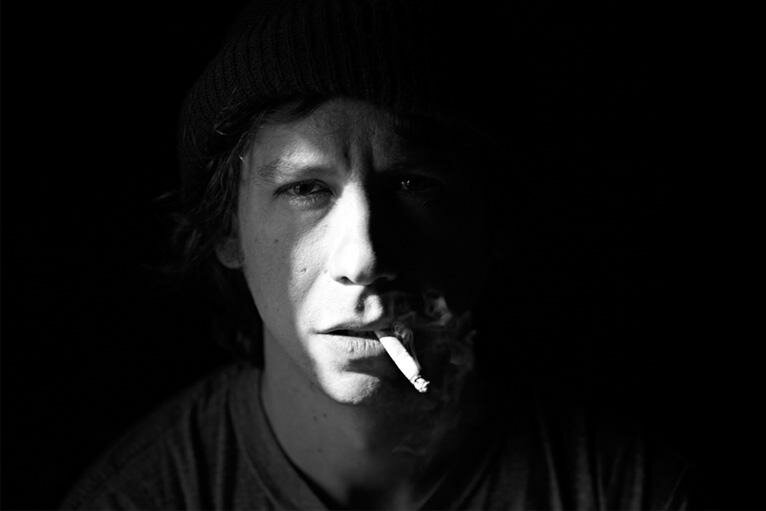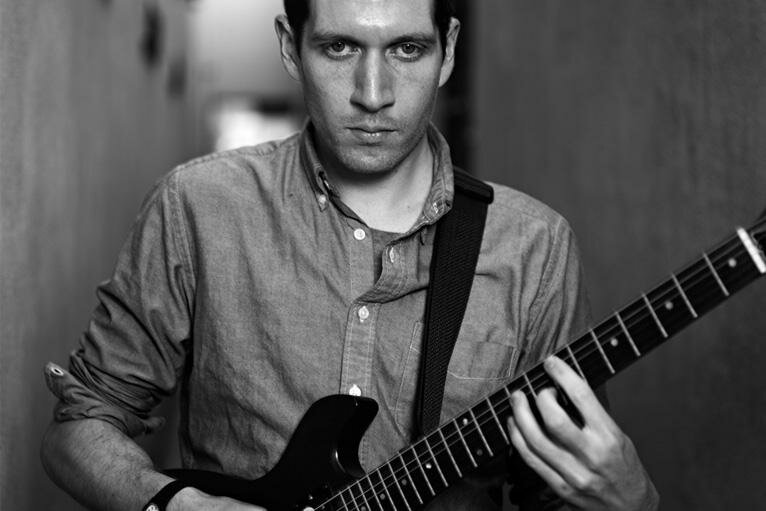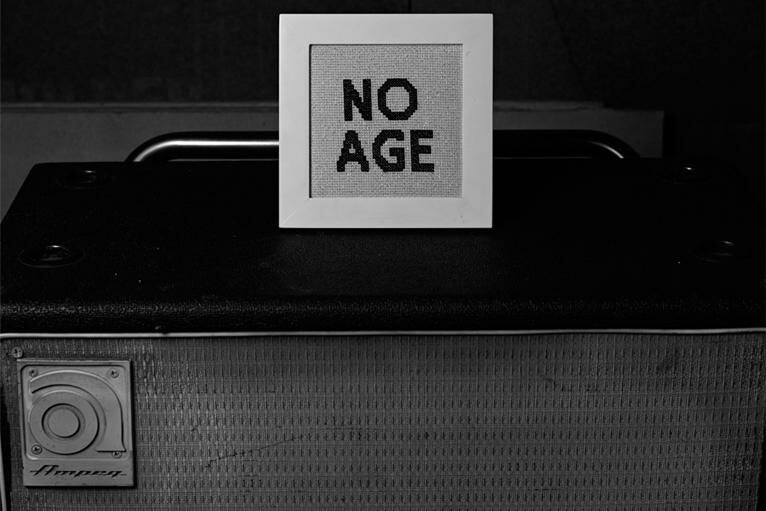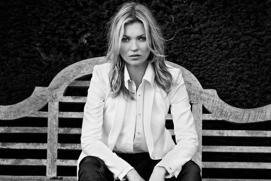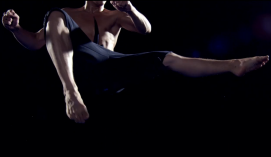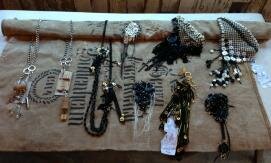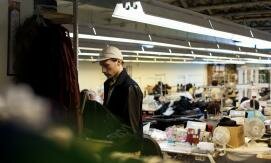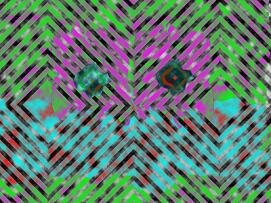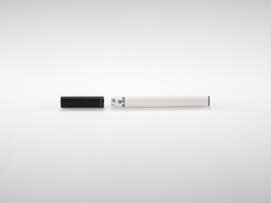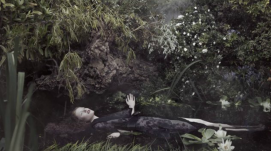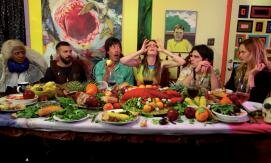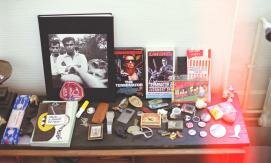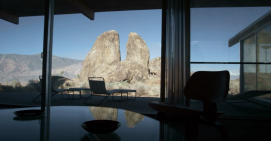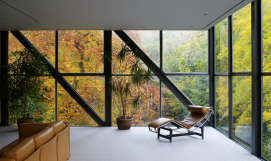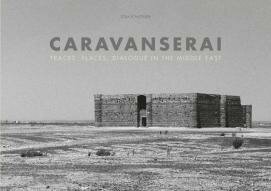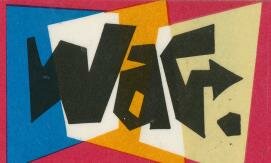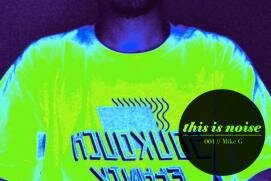- 1
- 2
- next ›
- last »
Randy Randall and Dean Spunt make up No Age, the Los Angeles-based musical duo whose sound has expanded radically over the last seven years, from humble punk beginnings, to the point where generic definition is near impossible. Genres only serve to pigeon hole, after all, and No Age - musically, and in a wider artistic sense - have never been content to sit still and put out ordinary records. Releasing their debut long player, the compilation Weirdo Rippers in 2007, a slew of releases have followed, each one building on the last, but aside from the music, it is No Age's embracing of projects parallel to the band - collaborations with other artists and brands - that have drawn attention to them from those who may not have otherwise heard their sound. From working alongside Hedi Slimane at his California Song exhibition at MoCA to an experimental soundtrack written for Aaron Rose and Mandy Kahn's Collage Culture, No Age have made almost as much of an impact on the art world in recent years as they have on its musical counterpart. With all this behind them and an impending new release (hopefully) just around the corner, it was about time that POST NEW caught up with the band for a chat.
Jack Smylie: So you've been around for a few years now, but tell us a bit about how the band came together...
No Age: It's been about 7 years now. We had been friends for quite a while and played together in a band before this. That band disintegrated and we were on tour discussing ideas and philosophies behind what makes music and art intriguing, what makes us tick and how we wanted to collaborate on ideas together in the future and we ended up as No Age.
JS: Is there meaning behind the name, No Age?
NA: It was lifted from an old SST comp of the same name. It sounds good and has multiple meanings depending on the context. It's CANDY.
JS: You're from L.A. originally - how did growing up there inform your music? Do you think it plays a major role in your sound/style?
NA: I'd say it does both directly and somewhat congenitally. I grew up listening to a lot of punk rock and a lot of the stuff i was attracted to was from southern california, then experimental musicians and artists i got into initially were from here too, so I am still trying to figure out why the connection is there, it must be rooted somewhere in my subconscious to enjoy art that has a dialogue with the city I guess.
JS: Where are you currently based?
NA: Los Angeles.
JS: 2010 saw the release of your album Everything In Between. Can we expect a follow-up soon?
NA: We are working on a new record now, we should be done with it by the end of the year to be released in the spring sometime we hope.
JS: Have you been laying low or gigging hard since then?
NA: We were on tour from october 2010 when our record came out and most of 2011. This year we have been pretty mellow, played some shows and worked on other projects mainly, but we started writing and working on the new record so that is taking up a lot of our time at the moment.
JS: What's the song-writing process like?
NA: In the past it usually involved Randy and I getting in our space, talking and trying ideas out. Getting inspired by things around us, trying to make new sounds, Randy playing guitar really loud and my love hate relationship with drums, either avoiding them or attacking them. We come up with some rough sketches and either decide on the spot they are songs or tweak ideas until they sound good. Sometimes Randy will come in with a guitar part and we go from there, sometimes I come in with an idea of a sound or a song and we try and execute it collaboratively. It is us getting in there and getting all our ideas out in front of each other and arranging them in some sort of audible exercise. The process for this one seems a little different but I am not sure at the moment how to describe it, it is still working itself out, like a living thing.
JS: You've been involved in a number of collaborative projects, lending your music to the likes of Altamont Apparel and Hedi Slimane. Do you feel it's important to have this standing relationship between your music and fashion/art/film?
NA: Collaborating with other artists in other mediums has been something we have put into practice since we started the group. Always searching for that feeling of trying something new, making a mistake and having it make good art. It is not so much us lending our music, to say that we let people use our songs from records for their projects isn't something we do that much, it is rather boring and we don't get much from that. It's more interesting for us is to make something new and to try out different approaches.
JS: Can you tell us about your role in Collage Culture?
NA: We made music for the record version of the book. It is a collage of sounds that plays independently of the read audio excerpts or together, it is the listeners choice, separated by the left and right channel of your stereo. I released the vinyl version on my label Post Present Medium (PPM).
JS: Tell us a bit more about Post Present Medium...
NA: It's the label I run. I started it back in 2001 and have put out close to 60 records, mainly 7"s and LP's. It really is a communication and collaboration tool for me, if nothing else I get to work with people I respect and admire. It started out by all by hand, silk screened covers, things like that, then when No Age got real busy in 2008-2010 it left sort of, veered a bit from that due to time and personal energy directed to other areas. It's on track with the original system as of now, I have been Riso printing and die cutting covers instead of always silk screening... a LABEL of LOVE
JS: Your last two albums were released on Sub Pop, a label with a legacy that speaks for itself, really. What has it been like to be associated with such a label?
NA: It has been an interesting collaboration. We have learned a lot, especially coming from a much different place then Sub Pop initially. They are really good at their job which is selling and promoting records and they are supportive of us in very generous ways. They are such a large label with a diverse roster and most of it I do not follow at all, and most of it is pretty far removed from where we exist but we are still able to put out records with them that feel like ours. They let us do whatever we want which is really nice of them.
JS: What part do you think the Internet plays in your global reach and appeal now?
NA: Well globally it is inconceivable, it still blows my mind. We go on tour and have played in Skopje, Macedonia and there are people who are totally aware of not only our music, but our friends music, they are aware of our tastes and can make a virtual web of existence. It's so early to see what is really happening, but it's interesting, I feel like an anthropologist sometimes.
JS: Do you think it has changed the music industry for better or for worse?
NA: Oh I don't know, it allows people the opportunity to become aware of art and allows them information to access it. That is a good thing. As far as the industry of it all that doesn't concern me, I have nothing invested in the industry of it.
JS: Thoughts on the music industry in general?
NA: It's a seedy environment that breeds consumers.
Photographs from Hedi Slimane's ROCK DIARY
Jack Smylie
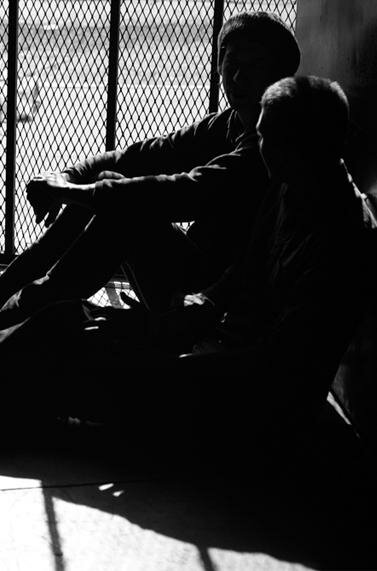
end








